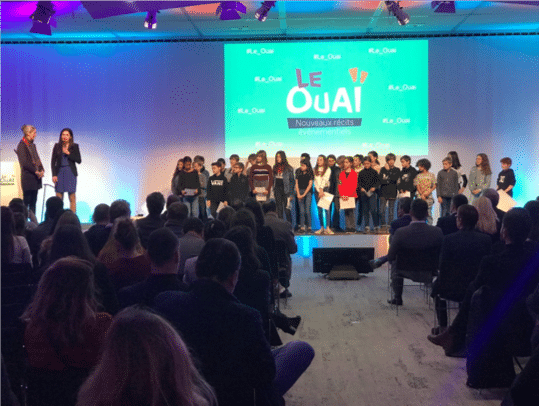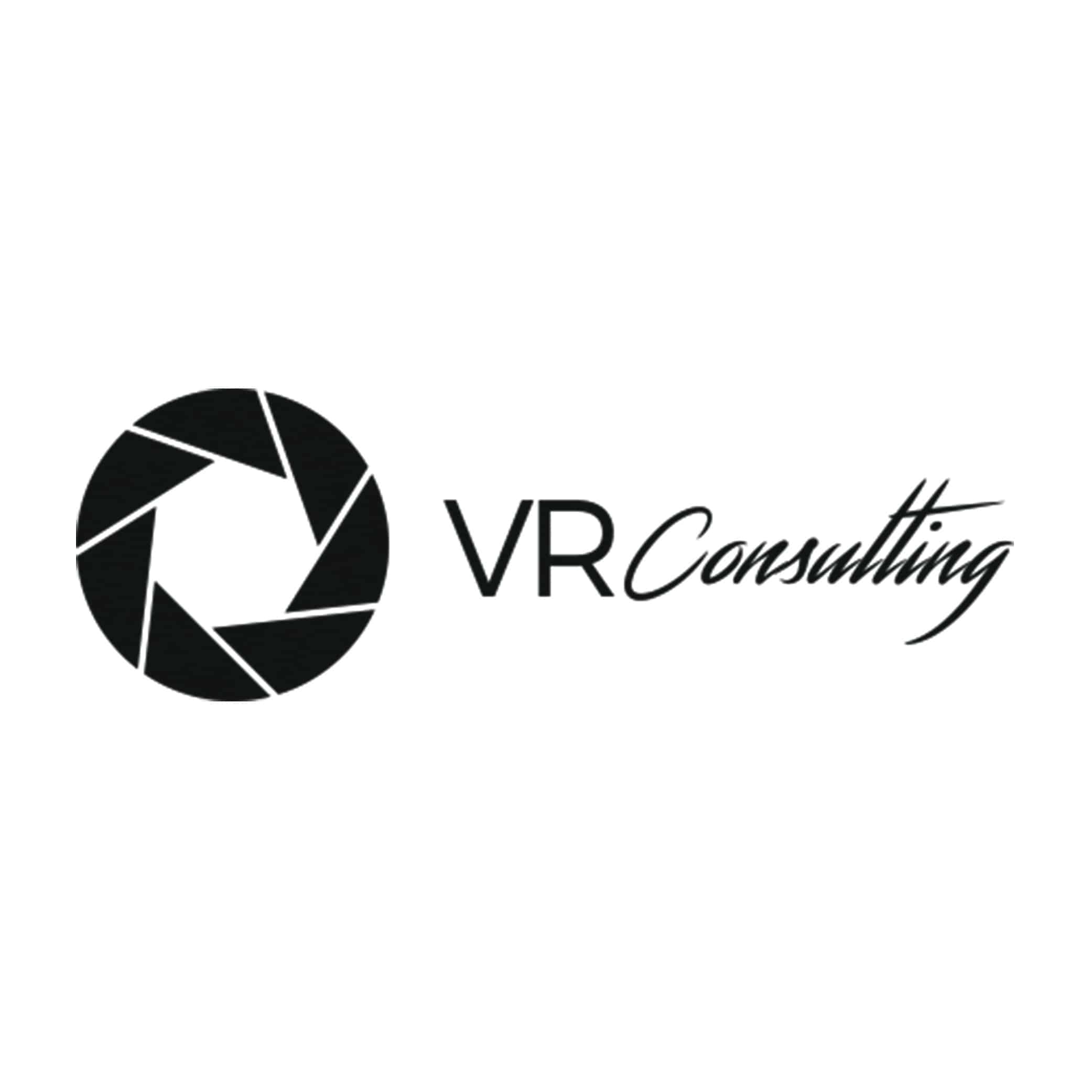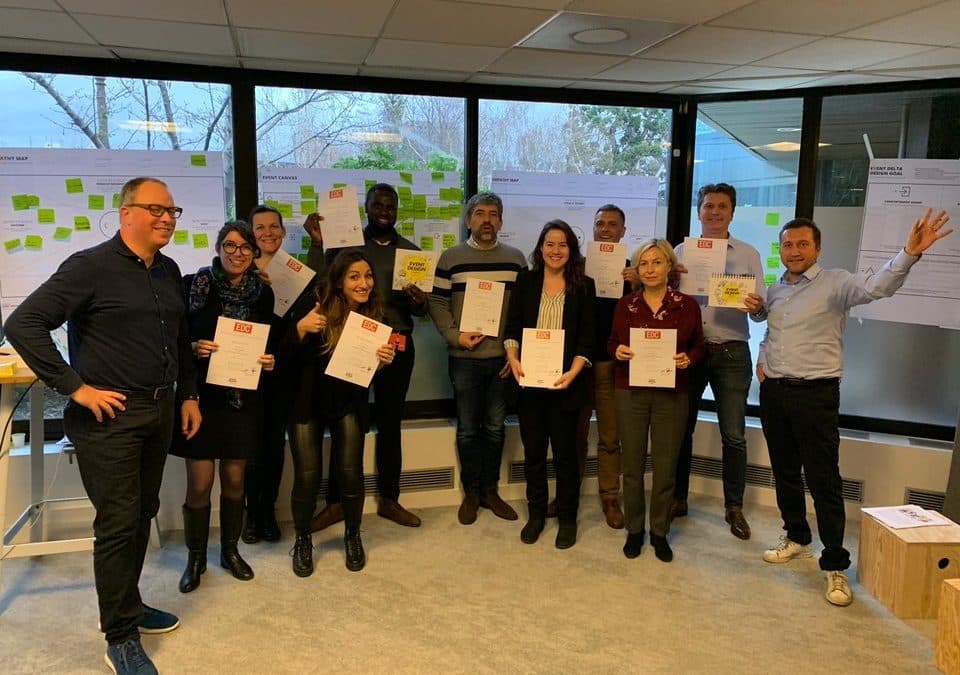EMEC 2019 and LE OUAI, two major industry events, have brilliantly demonstrated that the #Event Canvas, a collective methodology based on Design Thinking, contributes to making an impact on events.
In February 2019, two major events in the event industry took place:

EMEC 2019
The European Meetings & Events conference in The Hague (Netherlands) was held from 9 to 12 February 2019. Meeting Professional International, the organiser, chose “Changing The Game” as theme with the firm intention of inspiring the 330 participants to new practices in the event sector… and above all to change their behaviour!
EMEC has successfully engaged this community: the unique design of the event combined with the determination of MPI Netherlands’ volunteer team, and the personalization of the experience, have led to an event that marks a new stage.
Each educational sessions, networking and entertainment times were perfectly orchestrated to ensure that participants were inspired, motivated and had a full experience during the 3 days of the congress. An example of this experience was the 7 “learning journeys” on Sunday to learn how experts from other industries innovate. The journey I chose, 5 hours at Koppert Cress is resumed in this video: https://vimeo.com/316396267 .
I believe that EMEC is truly successful in bringing about personal change, whether small or large, so that as soon as we return home, we are inspired with clearer insights in to our own situations.
The OUAÏ (prounounced The Why)

The OUAÏ (An event dedicated to sustainability and social responsability in the event industry), formerly ComInRSE, organised by Béatrice Eastham, Founder of Green Évènements and MPI France Suisse, took place on 15 February at the Salons de l’Aveyron in Paris-Bercy. The purpose of the event was to create events that have a positive impact on the environment. During the event, a class of high school students came to discuss the subject, and challenged us on what events should look like in the future… How inspiring !
For this 3rd edition, and using the Event Canvas as a tool for collective reflection prior to the event, the OAUÏ was a great moment of testimonies and good practices alternating guest speakers, networking times and Impact Trophy Reward ceremony for the best initiatives.
The OUAÏ proved to be a really impactful event creating a very personal experience for each of the 220 participants. It was an event that collectively changed attitudes with lively debates as well as practical testimonies to show that the event industry has the means to transform its activity towards greater social responsibility.
What is the relationship between the two events ?
The design of these events was conceived using the Event Canvas™️ methodology: https://vimeo.com/300726979 .
The Event Canvas™️ responds to a challenge: organizers are confronted with the need to change the behaviour of their stakeholders but are frustrated when they cannot seem to bring about this change at their events.
The principle is that of a cohesive approach that facilitates discussion between stakeholders around an existing or new event. The event is designed in three stages using the Event methodology Canvas™️ The Collective Event Design (https://edco.global) was created to teach the methodology or collaborate with the organizers and apply it in their companies.
This work will enable organizers to understand how their own events create value and how to measure success through participant behaviour change. Ultimately, through the application of the methodology, they become change agents and confident leaders in event design within their own company.
Would you like to know more about EventCanvas?
Let’s talk !: www.vincentrouxconsulting.fr/contact/

